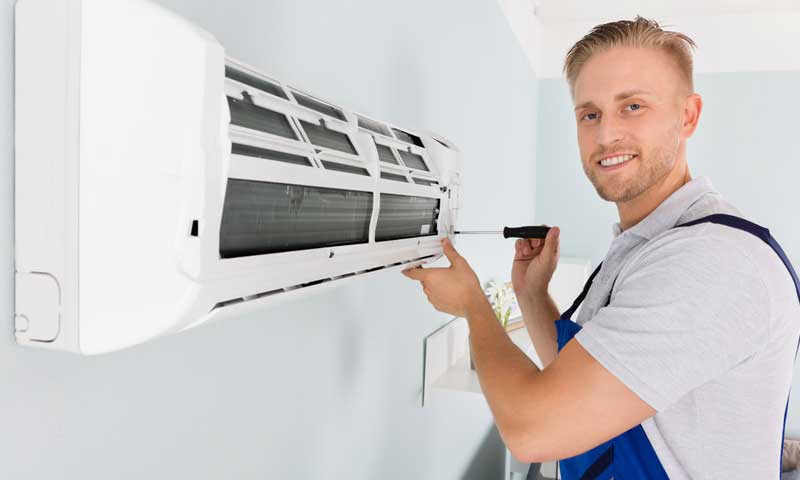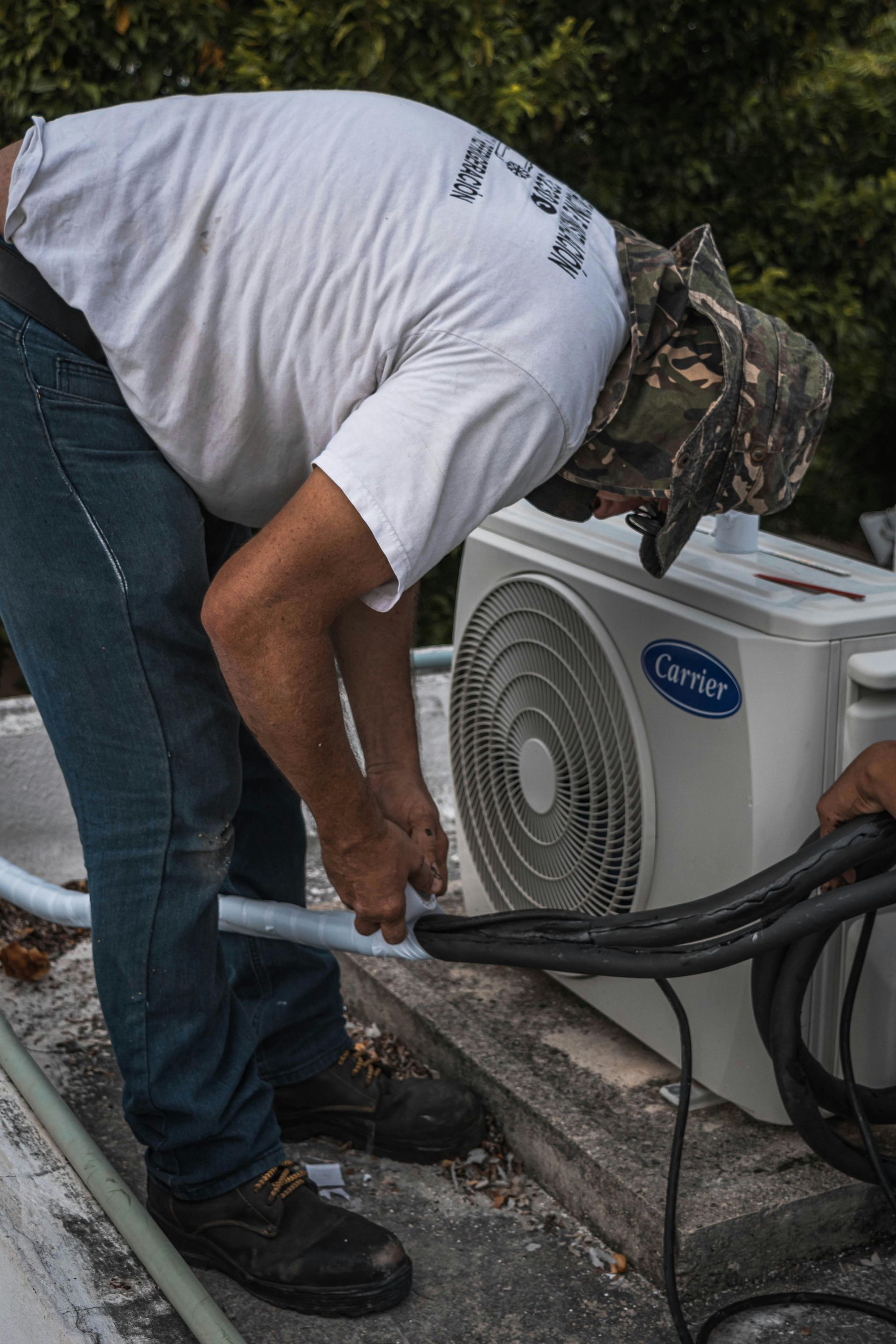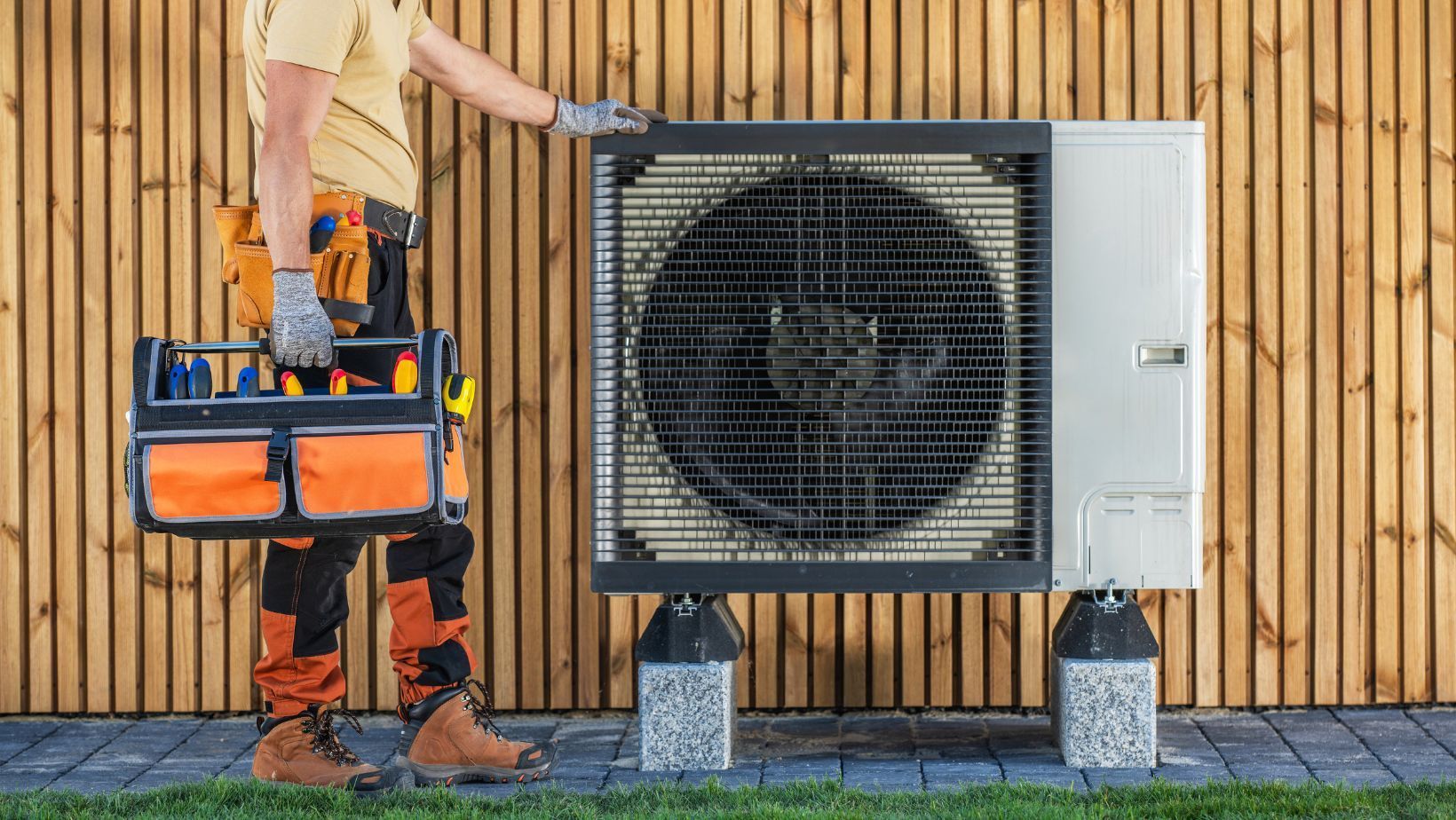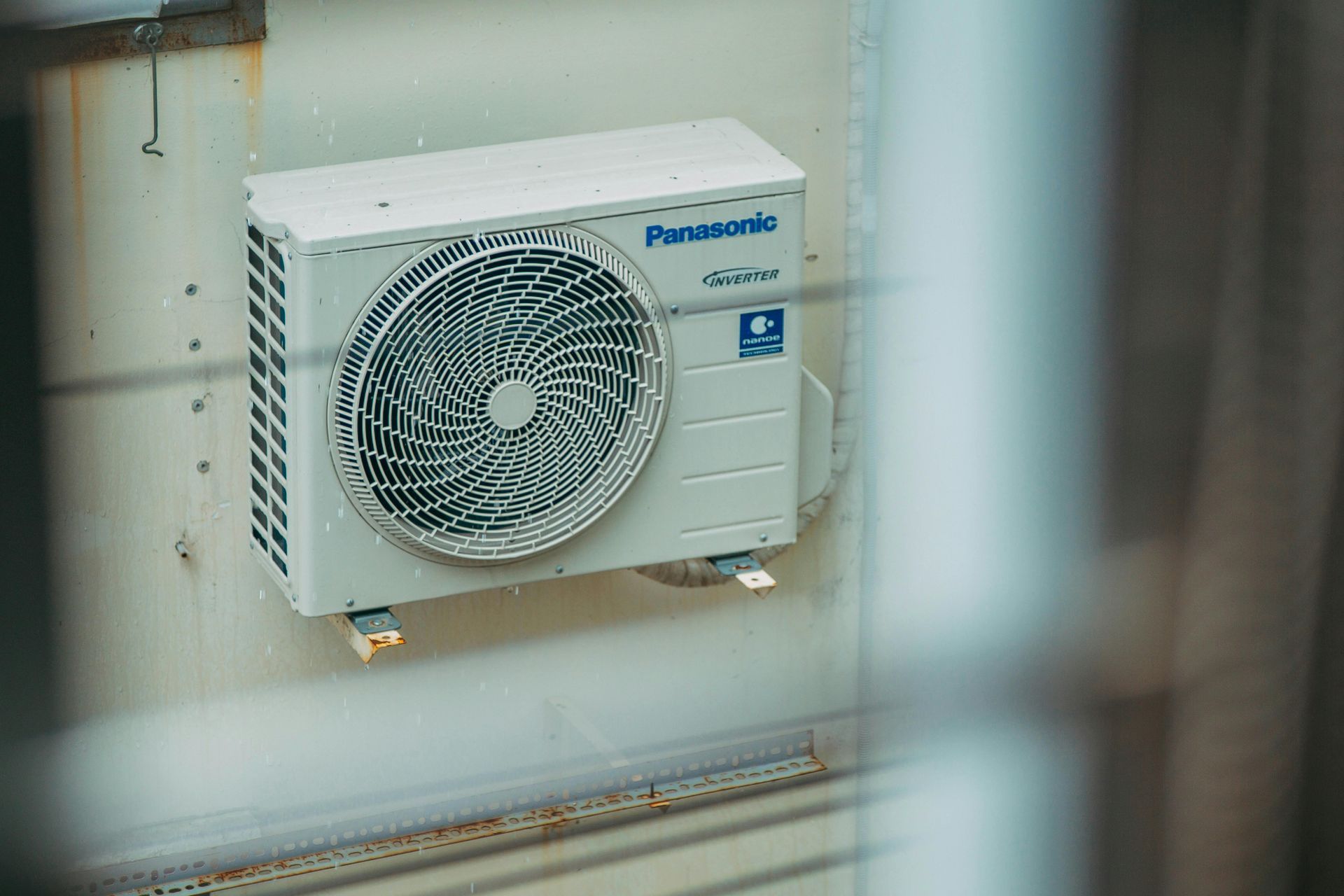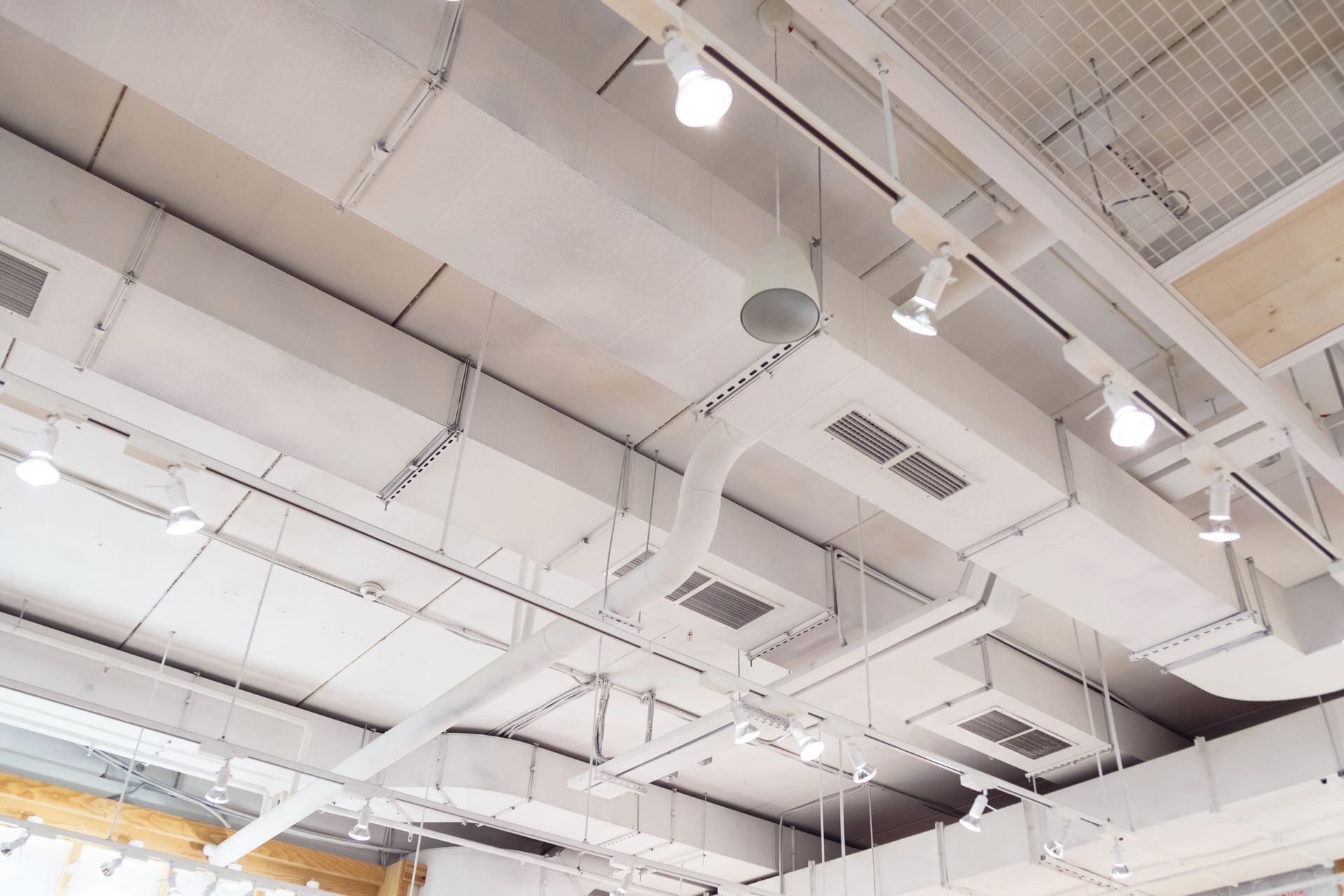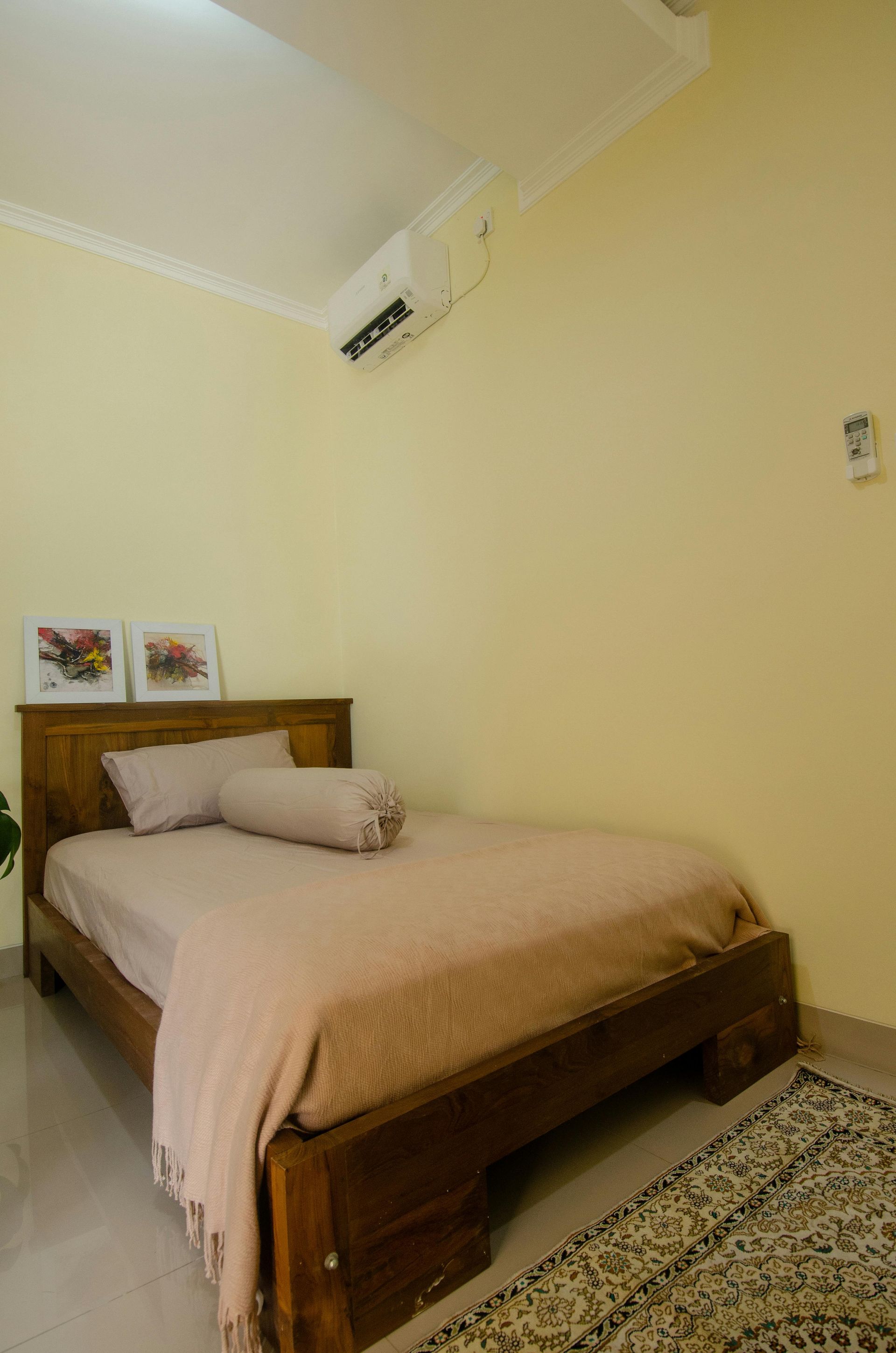Understanding HVAC Ventilation: What It Is and Why It's Important
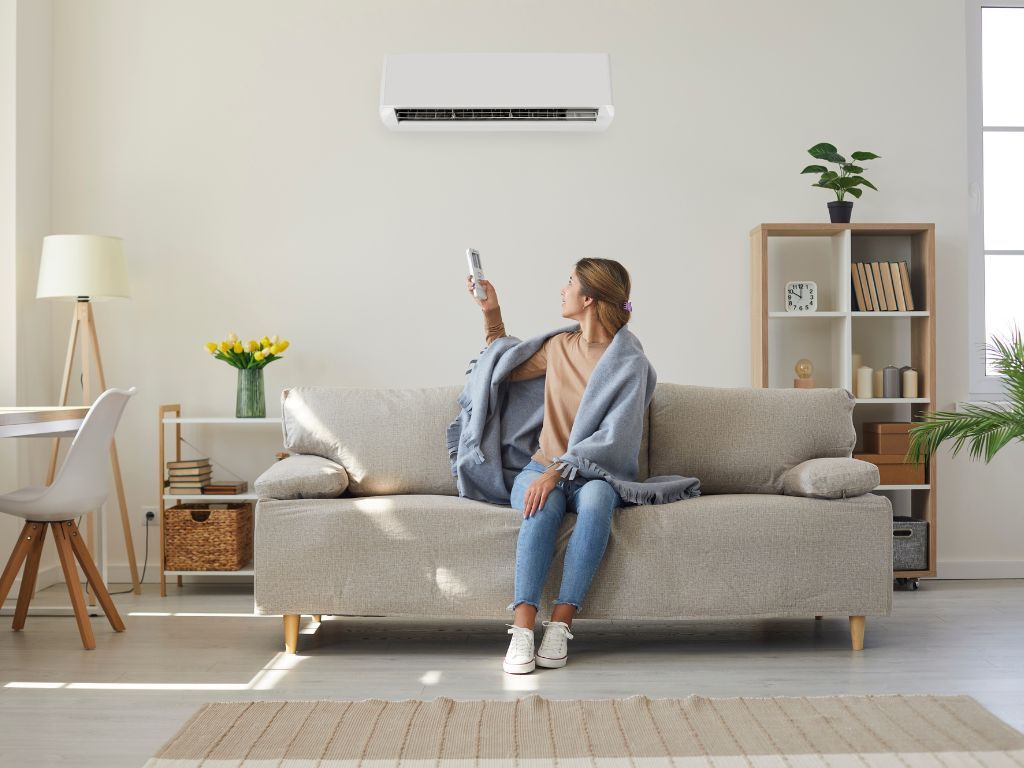
Heating, ventilation, and air conditioning (HVAC) systems are essential for maintaining comfortable temperatures and good indoor air quality in buildings and homes. One of the key components of an HVAC system is ventilation, which is responsible for circulating and purifying the air. This article will explain what HVAC ventilation is, how it works, and why it's important for your health and comfort.
What is HVAC Ventilation
HVAC ventilation is moving air in and out of a building or home to control the temperature, humidity, and air quality. The main components of a ventilation system include the supply and return ducts, the filters, and the fans or blowers that push air through the system.
The supply ducts bring fresh, outside air into the building, while the return ducts remove stale indoor air. The filters remove pollutants, allergens, and other particles from the air. Finally, the fans or blowers circulate the air throughout the building.
How HVAC Ventilation Works
HVAC ventilation systems work by circulating and purifying the air inside a building. The system brings fresh outside air through the supply ducts and removes stale indoor air through the return ducts. This process helps to control the temperature and humidity inside the building and also helps to improve the air quality.
Airflow and circulation are important for maintaining good indoor air quality. When the air is stagnant, pollutants, allergens, and other particles can build up, leading to poor air quality. By circulating the air, the HVAC ventilation system helps to remove these particles, keeping the air inside the building fresh and clean.
Filtering and purifying the air is another important function of HVAC ventilation systems. The system's filters remove pollutants, allergens, and other particles from the air, improving the air quality. The filters should be cleaned or replaced regularly to ensure they continue to function effectively.
Temperature and humidity control are also important functions of HVAC ventilation systems. The system helps to maintain a comfortable temperature and humidity level inside the building, which can help to reduce the risk of mold, dust mites, and other allergens.
Benefits of HVAC Ventilation
HVAC ventilation systems have a number of benefits for indoor air quality, energy efficiency, and overall comfort. Some of the key benefits include:
- Improved Indoor Air Quality
HVAC ventilation systems help to remove pollutants, allergens, and other particles from the air, improving the air quality inside the building.
Increased Energy Efficiency
By circulating the air and controlling the temperature and humidity, HVAC ventilation systems can help to reduce energy consumption and lower energy costs.
- Reduced Allergens And Pollutants
HVAC ventilation systems help to reduce the risk of mold, dust mites, and other allergens, which can be harmful to your health.
- Enhanced Comfort And Health
HVAC ventilation systems help to maintain a comfortable temperature and humidity level inside the building, which can help to improve overall comfort and health.
Common HVAC Ventilation Systems
Several different types of HVAC ventilation systems are available, each with its own benefits and drawbacks. Some of the most common types include:
- Forced-Air Systems
These systems use a fan or blower to circulate the air and a filter to remove pollutants and allergens. Forced-air systems are common in residential and commercial buildings.
- Radiant systems
These systems use radiant heat to warm the air, rather than a fan or blower. Radiant systems are often used in commercial buildings and can be more energy-efficient than forced-air systems.
- Hybrid Systems
These systems combine the benefits of forced-air and radiant systems, using a fan or blower to circulate the air and radiant heat to warm it. Hybrid systems can be more versatile and efficient than either type of system alone.
When choosing an HVAC ventilation system, it's important to consider the specific needs of your building and your budget. Forced-air systems are generally less expensive and easier to install, but radiant systems may be more energy-efficient. Hybrid systems can offer the best of both worlds, but may also be more expensive.
Maintenance and Upkeep of HVAC Ventilation Systems
To ensure that your HVAC ventilation system continues to function effectively, it's important to perform regular maintenance and upkeep. Some of the key tasks include:
- Cleaning Or Replacing Filters
Filters remove pollutants, allergens, and other particles from the air, but they can become clogged over time. To ensure that the system continues to function effectively, filters should be cleaned or replaced on a regular basis.
- Scheduling Professional Inspections And Tune-Ups
A professional HVAC technician can inspect your system and identify any issues that need to be addressed. Regular tune-ups can help to ensure that the system is operating at peak efficiency.
- Identifying And Addressing Issues
If you notice any problems with your HVAC ventilation system, such as poor air flow or strange noises, it's important to address them as soon as possible. A professional HVAC technician can diagnose and fix the problem.
Conclusion
HVAC ventilation is an essential component of any heating, ventilation, and air conditioning system. It helps to circulate and purify the air inside a building, controlling temperature, humidity, and air quality. By understanding how HVAC ventilation works, the benefits it provides, and how to maintain it, you can help ensure that your HVAC system is operating at its best, providing a healthy and comfortable living space.
Want to own one in London, Ontario? Give us a visit and expand your options with a great variety of
HVAC equipment!
